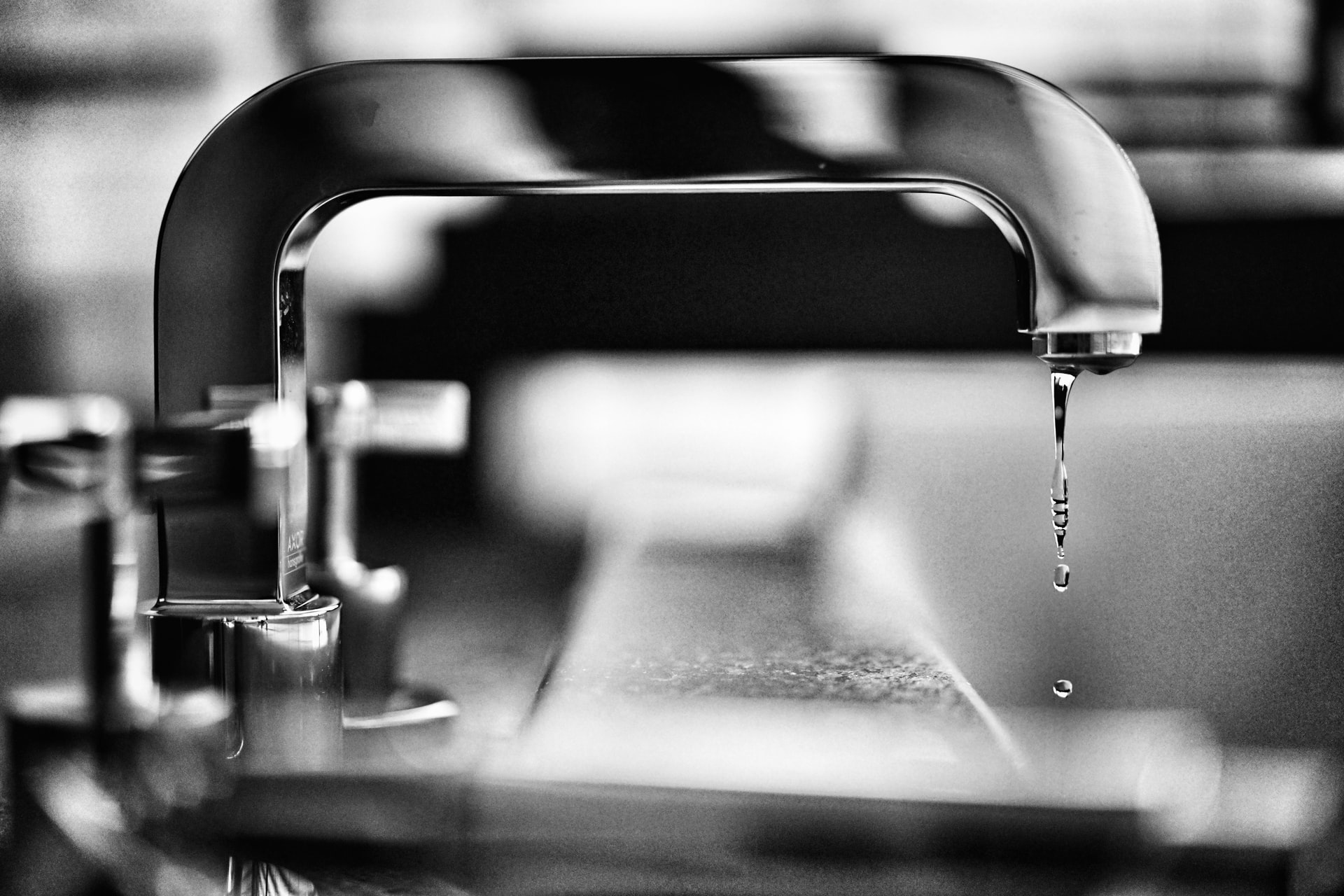Green Piping Options: Creating a Sustainable Living Space
Green Piping Options: Creating a Sustainable Living Space
Blog Article
They are making a number of great points on the subject of Sustainability Remains Key Trend in Plumbing Practices as a whole in this content down the page.

Introduction
In today's world, lasting living is coming to be significantly important. One location where house owners can make a significant effect is through environmentally friendly plumbing remedies. By taking on ecologically aware practices, households can lower their water and power usage while adding to a much healthier earth.
Water-Efficient Fixtures
Typical components frequently waste water needlessly. Nonetheless, modern-day low-flow commodes, faucets, and showerheads are made to reduce water usage without sacrificing performance. These components can dramatically reduce family water consumption, bring about lower water expenses and a minimized ecological impact.
Greywater Equipments
Greywater describes carefully utilized water from resources such as showers, sinks, and washing devices. Rather than allowing this water go to waste, greywater systems reuse it for non-potable usages such as landscape irrigation and toilet flushing. By applying a greywater system, property owners can conserve fresh water resources and decrease stress on municipal wastewater treatment centers.
Rain Harvesting
Rain harvesting includes accumulating and saving rainwater for numerous functions, consisting of watering, commode flushing, and laundry. Rainwater gathering systems typically consist of a collection surface (such as a roof), gutters, downspouts, and storage tanks. By collecting rainwater, homeowners can lower their dependence on community water sources and save fresh water resources.
Solar Water Heaters
Typical hot water heater depend on fossil fuels or electrical energy to heat water, adding to carbon discharges and energy intake. On the other hand, solar water heaters use sunlight to warm water, offering an eco-friendly and eco-friendly option. By taking advantage of solar power, house owners can lower their energy bills and reduce their carbon footprint.
Green Pipeline Products
Traditional plumbing materials such as copper and PVC can have unfavorable environmental impacts during manufacturing and disposal. Nevertheless, there are lasting choices available, such as recycled steel, cross-linked polyethylene (PEX), and high-density polyethylene (HDPE). These eco-friendly pipe materials offer toughness, longevity, and minimized ecological effect.
Energy-Efficient Home appliances
Along with water-efficient components, energy-efficient devices can additionally decrease a family's ecological impact. High-efficiency washing devices and dish washers use much less water and energy per cycle, assisting to preserve sources and reduced energy bills. When buying devices, look for ENERGY STAR ® accredited models for maximum efficiency.
Smart Water Management Solution
Advancements in modern technology have made it less complicated than ever before to keep an eye on and maximize water use in the home. Smart water management systems use sensing units and data analytics to track water usage in real-time, determine leaks, and provide insights for preservation. By applying clever water administration remedies, home owners can decrease waste and maximize effectiveness.
Price Considerations
While green plumbing choices might have higher in advance prices than traditional alternatives, they usually provide long-lasting financial savings via reduced water and energy costs. Additionally, lots of federal governments provide rewards such as discounts and tax debts for eco-friendly upgrades, helping to offset initial expenditures.
Setup and Upkeep
Correct installment and normal maintenance are necessary for guaranteeing the performance and durability of environment-friendly plumbing systems. It is very important to employ competent experts to install and service these systems to stay clear of concerns and take full advantage of effectiveness. Routine upkeep tasks such as checking for leakages and cleansing filters can additionally help protect against troubles and maximize efficiency.
Environmental Advantages
The environmental advantages of eco-friendly plumbing are significant. By saving water and power, property owners can lower their carbon impact and decrease their effect on natural deposits. Additionally, environmentally friendly pipes practices can aid secure environments and maintain biodiversity for future generations.
Health Advantages
Along with environmental advantages, environment-friendly plumbing can also add to improved interior air high quality and health. By utilizing non-toxic products and minimizing chemical exposure, homeowners can create a healthier living environment for themselves and their family members.
Government Motivations
Many federal governments use economic incentives to motivate homeowners to take on green plumbing techniques. These rewards may consist of refunds, tax credits, and low-interest loans for energy-efficient upgrades. By taking advantage of these programs, home owners can make environmentally friendly improvements much more affordable and easily accessible.
Conclusion
In conclusion, eco-friendly pipes options offer many benefits for home owners and the environment alike. By investing in water-efficient components, greywater systems, rainwater harvesting, solar hot water heater, environment-friendly pipeline products, energy-efficient appliances, wise water monitoring systems, and other lasting services, families can lower their environmental footprint, lower their utility bills, and contribute to a much healthier planet for future generations.
10 Greener Plumbing Solutions for a Sustainable Home
Install Water-Saving Fixtures
One of the most effective ways to conserve water is by installing water-saving fixtures. Low-flow toilets, aerated faucets, and adjustable showerheads are excellent choices. These fixtures reduce water consumption without compromising performance, allowing you to save both water and money.
Embrace Tankless Water Heaters
Say goodbye to energy-hungry traditional water heaters! Tankless water heaters are a greener alternative. Unlike their counterparts, these systems heat water on-demand, eliminating the need for a constantly heated reservoir. By only heating water when needed, tankless water heaters save energy and lower utility costs.
Opt for Greywater Recycling
Make the most of your water usage by recycling greywater. Greywater recycling systems collect and treat water from showers and laundry, making it suitable for non-potable uses like toilet flushing or watering plants. This reduces the strain on freshwater resources and minimizes water waste.
Consider Energy-Efficient Water Heaters
Upgrade to energy-efficient water heaters like heat pump water heaters or solar water heaters. Heat pumps utilize ambient air to heat water, while solar heaters use the sun's energy. Both options significantly reduce energy consumption and contribute to a greener home.
Invest in Leak Detection and Prevention
Undetected leaks can lead to significant water waste. Install smart water leak detection devices that monitor your water usage and promptly notify you of any leaks. By taking immediate action, you can prevent water waste and avoid potential damage to your home.
Insulate Your Pipes
Insulating your pipes is a simple yet effective way to improve energy efficiency. Properly insulated pipes minimize heat loss and reduce the risk of frozen pipes in colder climates. By conserving heat and preventing energy waste, you can save on energy bills while enjoying a greener plumbing system.
Harness the Power of Rainwater
Rainwater harvesting is a sustainable practice that can supplement your water needs. Collect rainwater in barrels or tanks and use it for tasks like watering your garden or flushing toilets. This reduces reliance on municipal water supplies and conserves precious freshwater resources.
Choose Eco-Friendly Plumbing Materials
When upgrading your plumbing system, opt for eco-friendly materials. Water-efficient fixtures made from recycled materials and piping materials like PEX (cross-linked polyethylene) promote sustainability. These choices not only conserve resources but also contribute to a greener planet.
Upgrade to Dual-Flush Toilets
Dual-flush toilets offer two flush options: a lower-volume flush for liquid waste and a higher-volume flush for solid waste. By using the appropriate flush setting, you can significantly reduce water consumption. Dual-flush toilets are an easy and efficient way to conserve water in your home.
https://www.croninplumbingandheating.com/post/10-greener-plumbing-solutions-for-a-sustainable-home

I was guided to that write-up about Eco-Friendly Plumbing Practices for a Greener Home through a buddy on another blog. Sharing is caring. You never know, you may just be helping someone out. We treasure your readership.
Book Report this page